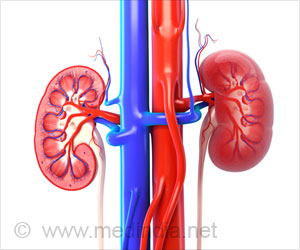Reducing sodium in the diet helps to reduce blood pressure and the excess fluid retention that is common among patients with kidney disease.

- Patients with chronic kidney disease (CKD) have hypertension and increased fluid in the body.
- Reducing volume expansion and blood pressure are important for slowing the rate of CKD progression.
- A sodium restricted diet of <2g of sodium per day was recommended for those with CKD.
- Systolic blood pressure reduced by 11mmHg and fluid reduction by 1 liter after 4 weeks of sodium restricted diet.
A total of 58 adults with CKD followed a sodium restricted diet (<2g of sodium per day) or their usual diet for 4 weeks, followed by a 2-week washout period and then a 4-week period when patients crossed over to the other diet.
During the sodium restriction phase, patients did not eat prepared low sodium meals; rather, dieticians provided counseling every 2 weeks using motivational interviewing techniques.
In 79% of participants, dietary sodium was reduced during the restriction phase, and 65% of patients reduced their intake by >20%. During that time, patients experienced an average reduction of 11mmHg in systolic blood pressure and an average reduction in volume of 1 liter.
"We found that reducing sodium in the diet helps to significantly reduce blood pressure and reduce the excess fluid retention that is common among patients with kidney disease," said Dr. Saran.
Dr. Saran noted that, if applied diligently, sodium restriction may help patients take fewer blood pressure medications.
- Rajiv Saran et al., A Randomized Crossover Trial of Dietary Sodium Restriction in Stage 3–4 CKD , CJASN (2017) http://dx.doi.org/10.2215/CJN.01120216.
Source-Medindia















